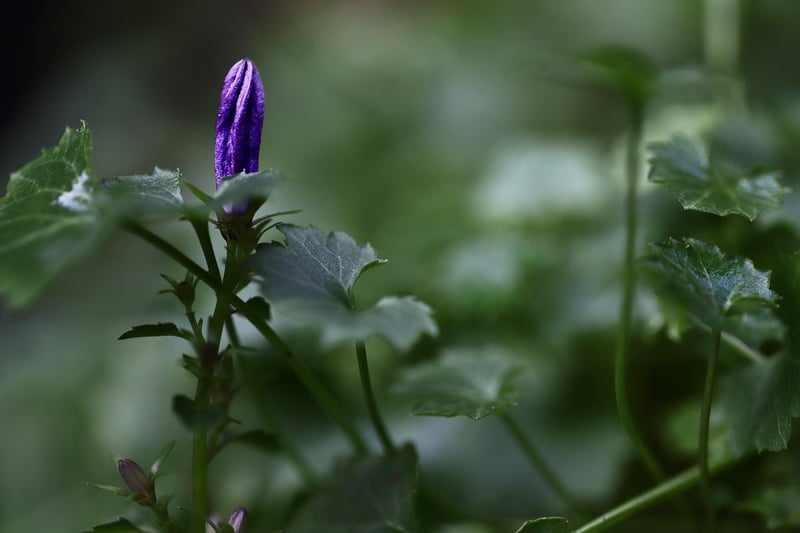Pest Control
Essential Plant Maintenance and Pest Control Guide
Welcome to our comprehensive guide on essential plant maintenance and pest control. Whether you are a seasoned gardener or just starting your green journey, these tips will help you keep your plants healthy and thriving. Let's dive in!
1. Regular Watering
Proper watering is crucial for plant health. Different plants have different water requirements, so make sure to research the specific needs of each plant in your garden. Overwatering can lead to root rot, while underwatering can cause wilting.
2. Adequate Sunlight
Plants need sunlight to photosynthesize and grow. Be mindful of the sunlight requirements of your plants. Some prefer full sun, while others thrive in partial shade. Adjust the placement of your plants accordingly.
3. Nutrient-Rich Soil
Healthy soil is the foundation of a thriving garden. Ensure your plants are potted in nutrient-rich soil that provides essential minerals and nutrients. Consider using organic fertilizers to promote healthy growth.
4. Pruning and Trimming
Regular pruning and trimming help maintain the shape of your plants and promote new growth. Remove dead or diseased branches to prevent the spread of pathogens. Prune your plants during the appropriate season for best results.
5. Pest Control
Keep an eye out for common garden pests like aphids, mealybugs, and spider mites. If you notice any signs of pest infestation, act promptly to prevent damage to your plants. Consider using natural remedies or organic pesticides to control pests.
6. Disease Management
Plant diseases can quickly spread and devastate your garden. Practice good hygiene by removing diseased plant parts and maintaining proper spacing between plants to improve air circulation. Consider using disease-resistant plant varieties.
7. Monitoring and Observation
Regularly inspect your plants for any signs of distress, such as yellowing leaves, spots, or wilting. Early detection of problems allows for timely intervention and prevents issues from escalating.
8. Mulching
Applying mulch around your plants helps retain moisture, suppress weeds, and improve soil quality. Organic mulches like shredded bark or compost also break down over time, adding nutrients to the soil.
9. Support and Staking
Some plants require support to grow upright and prevent bending or breaking. Use stakes, cages, or trellises to provide support to plants like tomatoes, peppers, and tall flowers.
10. Seasonal Care
Adjust your plant care routine based on the changing seasons. Some plants may require more water and fertilizer during the growing season, while others may need protection from frost in the winter.
By following these essential plant maintenance and pest control tips, you can create a thriving garden that brings you joy and satisfaction. Happy gardening!

For more information and guidance on plant care, visit Royal Horticultural Society.
